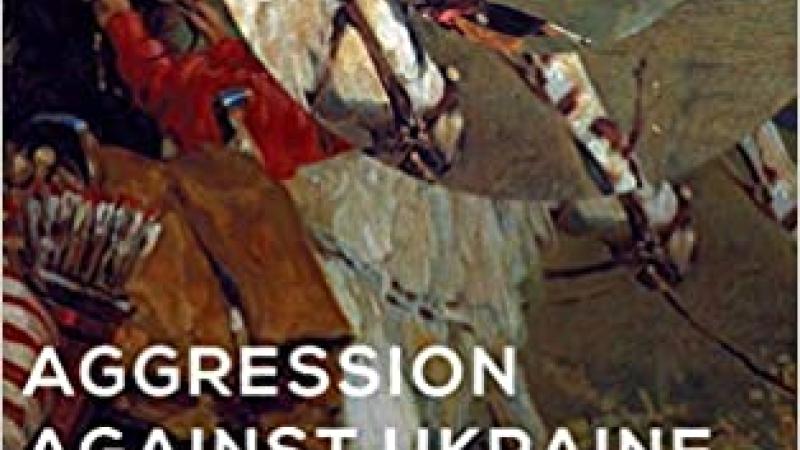
Aggression against Ukraine marks a stunning shift. Ever since 1945 it had been understood that the borders of States must not be the object of forcible change by other States. However, Russia has now revived long-buried historical claims—and prosecutes them by dint of arms. The annexation of Crimea in March 2014 and the subsequent armed incursions in eastern Ukraine under color of separatist movements in Donetsk and Luhansk challenge not just one State's territorial integrity, but jeopardize the general settlement on which international law for almost three generations has rested. This is the settlement which enabled human rights and modern institutions of international law to flourish. Russia's domestic rejection of human rights and its new geopolitics of territorial seizure in this light should be seen not in isolation but as connected developments—and as a challenge to international law and global public order at large.
Thomas D. Grant is an academic and practicing lawyer specializing in international dispute settlement and public international law. Notable cases on which he has served as counsel or assistant-to-counsel include the Temple Interpretation case (Cambodia v. Thailand), Macedonia v. Greece, and the Kosovo advisory case. He is a fellow of Wolfson College in the University of Cambridge; a Senior Associate of the Lauterpacht Centre for International Law; and a Fellow of the Royal Society of Arts (FRSA). Dr Grant is author of several books, has published many articles in refereed journals, and has contributed chapters to numerous multi-author volumes. He is a contributing author to the Max-Planck Encyclopedia of Public International Law; a foreign corresponding editor of International Legal Materials; and a co-founder and General Editor of the Journal of International Dispute Settlement. He also comments from time to time on current issues, articles of his having appeared in the Washi